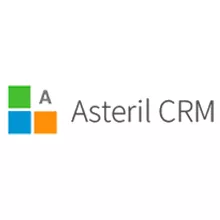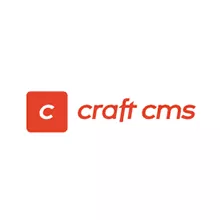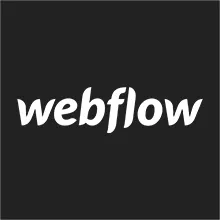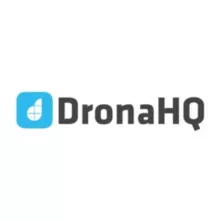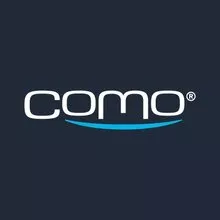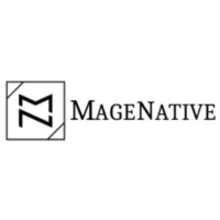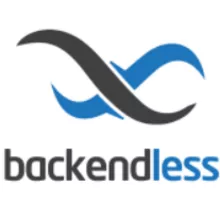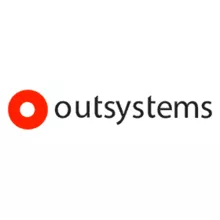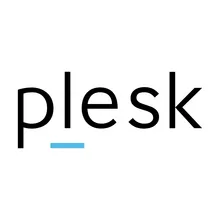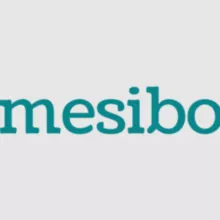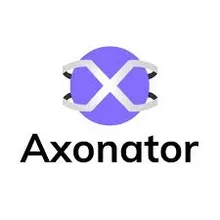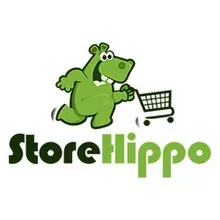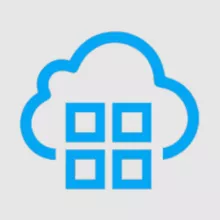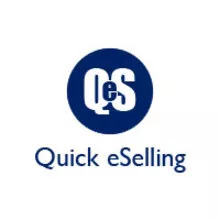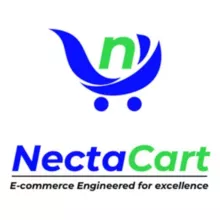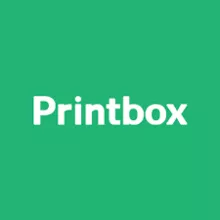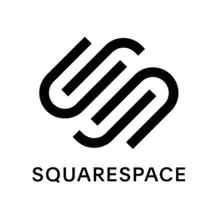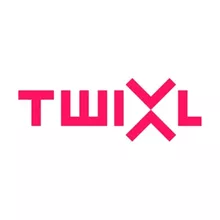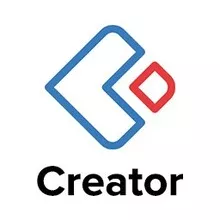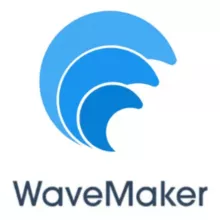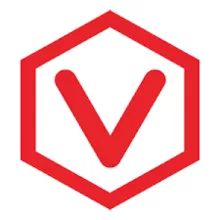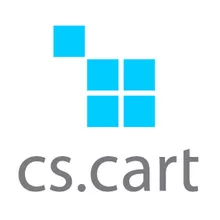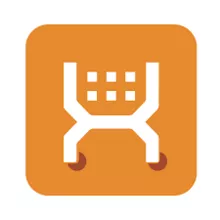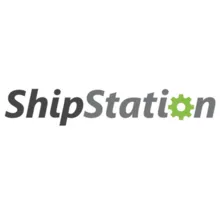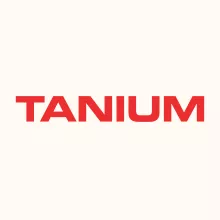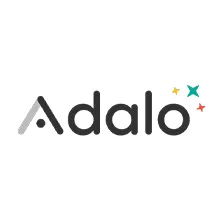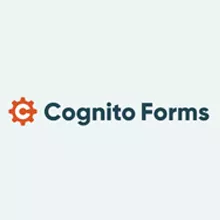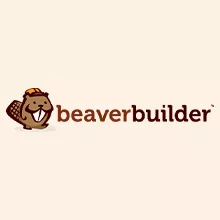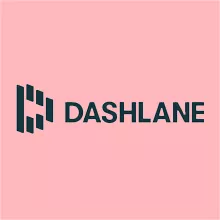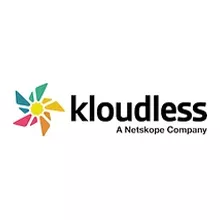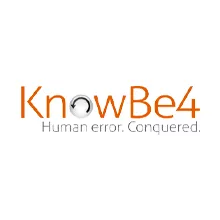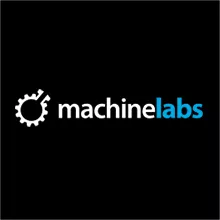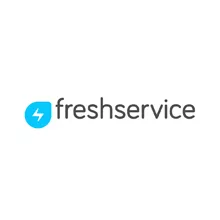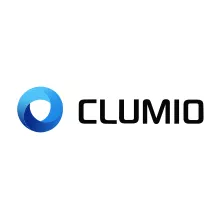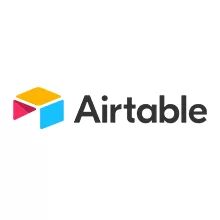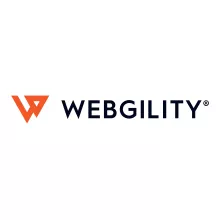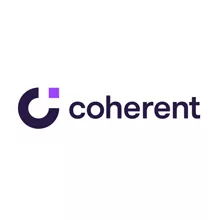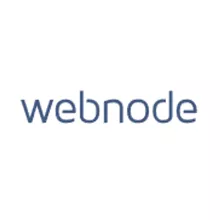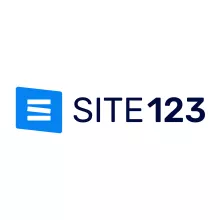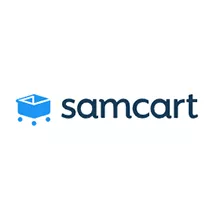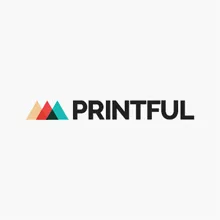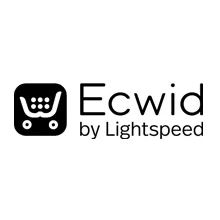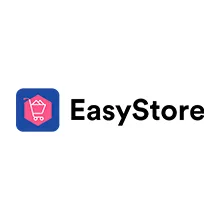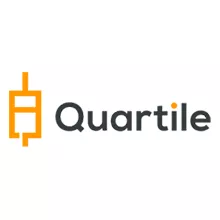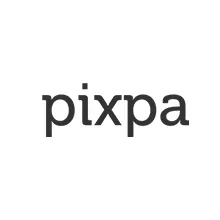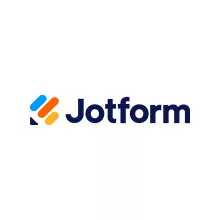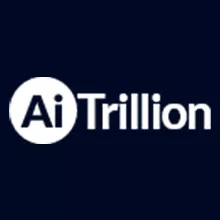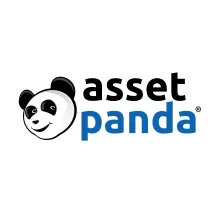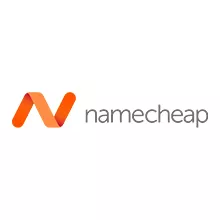Automate Online Sales with Asteril CRM
Content Management Systems: Overview
Digital and website content are created using CMS software (content management system). To develop and redesign web templates and articles, and have a seamless publication workflow, programmers and content creators can use CMS software, a collection of packaged apps. This software administers websites, publishes media and blogs, and generates web pages. The user can create, edit, and publish media material on a website using web content management software. Every website uses a different CMS. You have the option of using paid or open-source content management systems. Today, every website you visit includes a content management system (CMS) that provides back-end support and aids in making the material appealing to users.
The following are some features of a CMS:
- Content production makes it simple for consumers to produce and format content.
- Keeping content in one location and organizing it consistently is called content storage.
- Workflows for assigning permissions for managing content based on authorship, editing, and administration responsibilities
- Publishes, arrange, and distribute live material
Advantages of Content Management Systems
- Process streamlining through workflow management: The procedures that content managers are responsible for managing include ideation, content production, approvals, editing, publication, and promotion. Managers can implement content processes and monitor the status of all material in a dashboard using a content management system's collaborative platform. The platform promotes collaboration by enabling users to route documents and comments on documents effortlessly.
- System for managing website content: Traditionally, updating the content of a webpage needs knowledge of HTML code and web design. Users can control the content of their website from a single dashboard using modern content management software, which often features a graphic interface, without having to learn any code. Users can easily publish new information, replicate changes across all sites, and delete outdated content.
What to Consider When Choosing a CMS
Here are some of the most vital characteristics to take into account while selecting a CMS:
- Pricing: There are expenses related to each CMS. Some are open-source and free, although hosting costs apply. Others could require you to buy the software directly from the CMS developer.
- Support & customer interactions: Make sure you know what you're receiving before using any programs; some are open source and offer no central support options, while others provide round-the-clock assistance.
- SEO: The software you choose must provide you with the capabilities to rank in Google and other search engines.
- Personalization: When used for commercial purposes, selecting a content management system (CMS) that enables you to design tailored visitor experiences will help you increase your marketing and conversion rates.
- Easy to use: If you don't have any programming experience, you should choose a simple tool.
- Security: You'll be in charge of your site's security with some CMS systems, while other products take care of it.

